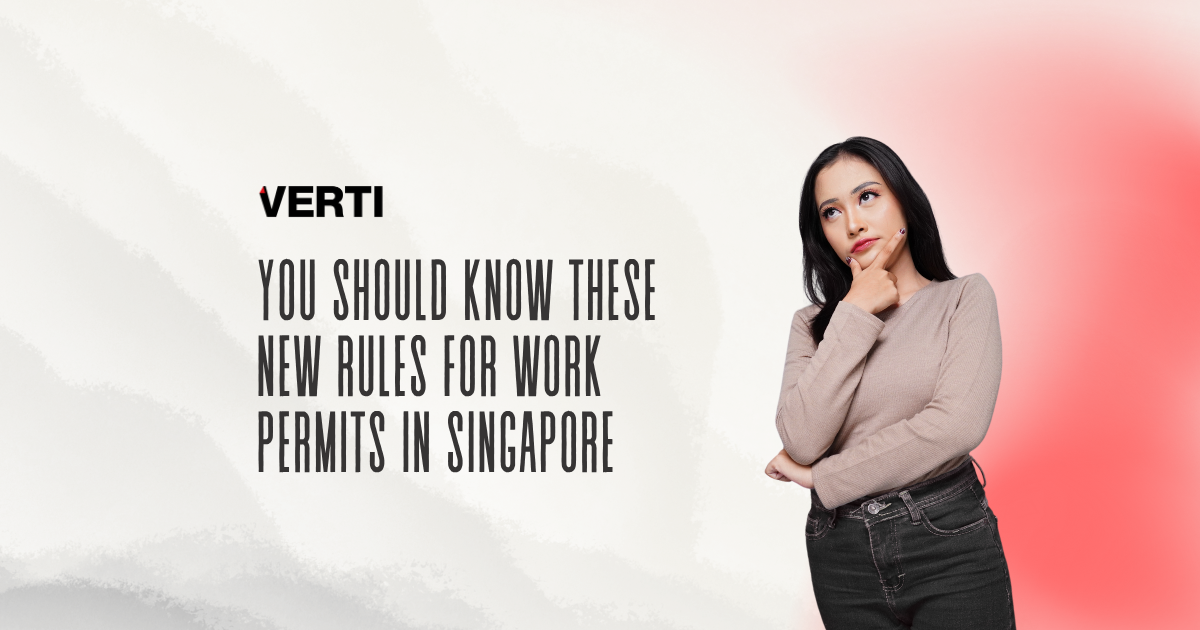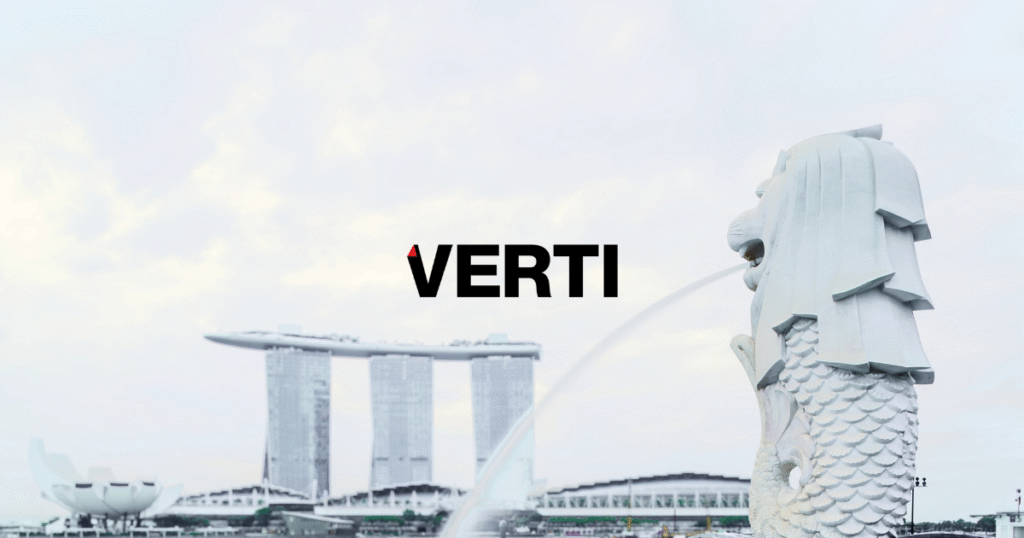Singapore’s Ministry of Manpower (MOM) will implement major updates to its Work Permit policies starting 1 July 2025. These changes aim to give employers more flexibility in managing their foreign workforce, retain experienced workers, and ensure a more stable and responsive labour market. Here’s what you need to know to prepare yourself for the change:
No More Employment Period Limit
Currently, Work Permit holders can only work in Singapore for a limited period (14 to 26 years depending on their origin and job sector). From 1 July 2025, this cap will be removed entirely for the Construction and Services sectors.
As long as a worker remains eligible and the employer continues to renew the permit, the individual may remain employed in Singapore indefinitely. This gives businesses the opportunity to retain highly experienced workers without disruption, reducing the need for constant retraining and replacement due to tenure limits.
Higher Employment Age
The maximum age for work permit holders will increase from 60 to 63 years old to match Singapore’s retirement age.
The age limit for new work permit applicants will also go up:
Non-Malaysians: From 50 to 61 years old
Malaysians: From 58 to 61 years old
This change allows employers to continue employing capable older workers who bring maturity, reliability, and valuable experience to the workplace, especially in industries where physical demands are manageable and long-term skill retention is critical.
Updates to Occupation Eligibility
From 1 September 2025, MOM will expand the Non-Traditional Source (NTS) Occupation List to include more job roles, such as heavy vehicle drivers, manufacturing machine operators, and cooks for a wider range of cuisines. Workers under the NTS list must be paid a minimum fixed monthly salary of S$2,000, and hiring remains subject to dependency ratio ceilings and levies.
More Countries Added to the Work Permit List
More countries = a bigger labour pool to meet Singapore’s Manpower needs.
From 1 June 2025, workers from Bhutan, Cambodia, and Laos will be eligible to apply for work permits for selected sectors. They’ll join the existing list, which already includes countries like India, the Philippines, Myanmar, and more.
Tightening Oversight on Work Pass Misuse
In light of recent reports, including industry insights shared with The Straits Times, MOM is also expected to tighten enforcement against the misuse of work passes, especially those issued for foreign students or trainees.
According to insiders, there has been an ongoing pattern of abuse for years, with some companies exploiting Training Work Permit (TWP) or Work Holiday Pass (WHP) schemes to bring in cheap labour under the guise of internships or short-term training. These individuals often end up performing regular jobs unrelated to training or education, bypassing the stricter rules and quotas attached to standard Work Permits.
MOM has responded by conducting surprise inspections, blacklisting offending companies, and warning that even first-time offenders will face suspension from hiring foreign workers.
What does this mean?
By preparing early, you’ll be in the best position to take full advantage of these reforms. They position businesses to thrive in a competitive labour landscape while upholding fair employment practices.
Here at Verti Human Capital, we stay attuned to the shifting dynamics of the HR landscape, helping you stay compliant with Singapore’s manpower regulations while empowering your business to grow.
Whether you’re a jobseeker ready to take the next step in your career or a company seeking the right talent, we’re here to connect both sides with expert recruitment solutions.
Reach out to us at contactus@verti.sg or call +65 6909 5691 and we would be delighted to answer any questions you may have and help determine which of our services best fit your needs.


